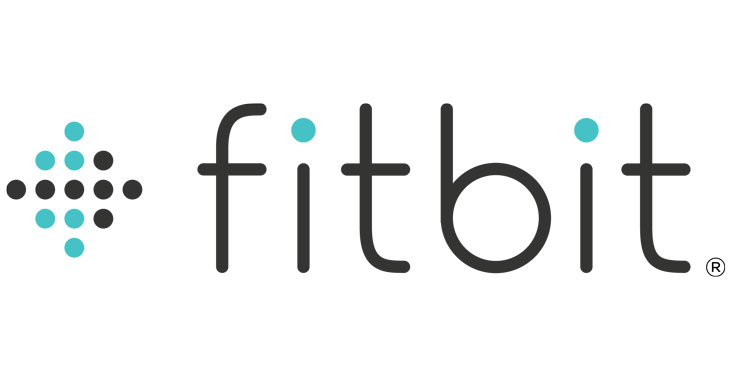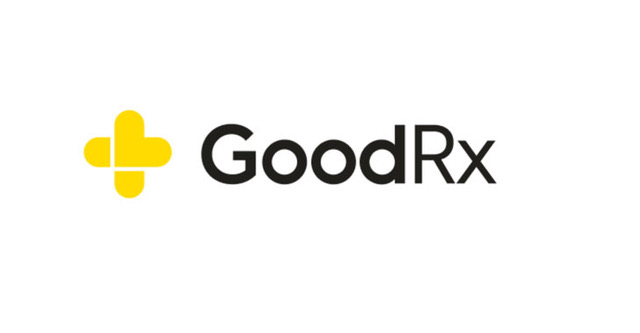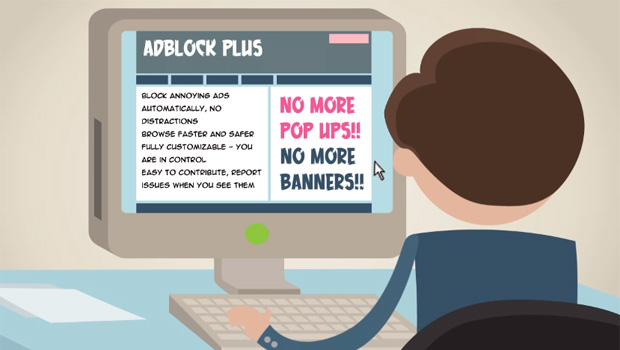
YouTube Subscriptions
Allegations: Failing to adequately disclose the terms of subscriptions
Multiple class-action lawsuits filed against Google were consolidated to be heard together. More information on the consolidated case is below.
In Re: Google Location History Litigation
18-cv-5062, N.D. Cal.
(2018)
Google’s “Location History” Feature
Misrepresenting that Google does not track consumers’ movements or store a record of their locations when the “Location History” feature on mobile devices is disabled
Settled
(Final approval granted; appeal filed)
https://www.googlelocationhistorysettlement.com/en
Allegations: Failing to adequately disclose the terms of subscriptions
Allegations: Deceptively marketing apps in its Designed for Families program as safe and appropriate for children
Allegations: Misleadingly marketing that fitness trackers are capable of measuring blood oxygen levels when they do not provide accurate measures
Allegations: Advertising phones as capable of accessing 5G broadband networks when they were no longer able to access 5G networks after a software update
Allegations: Falsely representing that the company safeguards consumers’ personal data when such information was disclosed to third parties
Allegations: Failing to adequately disclose the terms of subscriptions and making it difficult to cancel
Allegations: Promoting illegal virtual gambling games
Allegations: Promoting illegal virtual gambling games
Allegations: Promoting illegal virtual gambling games
Allegations: Promoting illegal virtual gambling games
Allegations: Promoting illegal virtual gambling games
Allegations: Failing to adequately disclose that certain games use loot boxes, which are a form of gambling that violates state anti-gambling laws
Allegations: Falsely advertising Stadia as more powerful than other gaming consoles and as displaying all video games in 4k resolution
After a yearlong investigation, New York regulators are announcing a crackdown on misleading online reviews.
Is the point of AdBlock Plus to block annoying ads, or to curate them?
Nest Labs Inc. claimed in advertisements for its Nest Programmable Thermostat that “89% of other programmable thermostats are not programmed because they are so complicated that most consumers do not…
Are FTC settlements just a cost of doing business?













